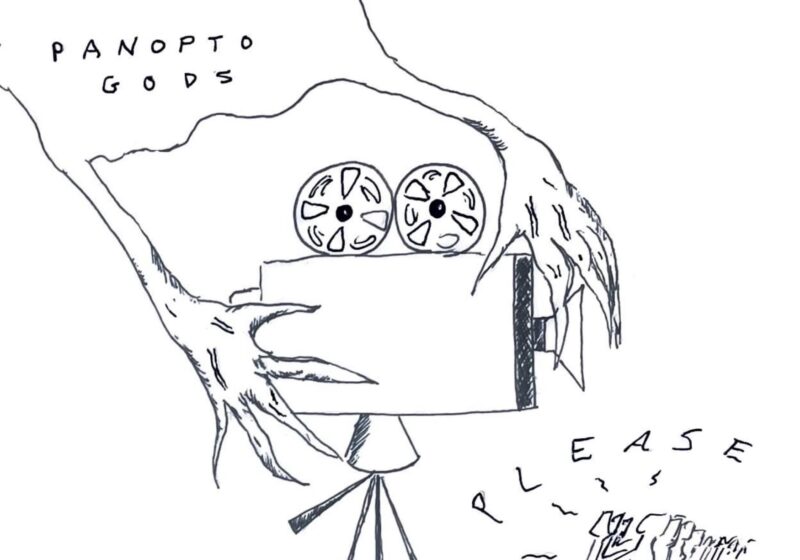In 2021, answering the question, “Will class lectures be posted on Blackboard?” was simple. Amid the COVID-19 pandemic, the University, a leader in the field of STEM, placed the health and wellness of its community first; If a student contracts COVID-19, they should not, under any circumstances, be attending class. These stipulations were commonplace — particularly when that class happened to be a 150-student lecture.
Today, the answer to this question is far less simple. Citing the University’s implementation of a vaccine mandate — enforced through 2023 — and the spreading of COVID strains, on average, less severe than those we’ve dealt with in years past, some professors have grown hesitant to offer lecture recordings, which were once made accessible through a course’s Blackboard page.
Ultimately, these instructors’ behavior reflects a fear of plummeting attendance rates. After all, it is nearly unheard of for professors of large lectures to include attendance in their class’ grading scheme. However, by assuming that gaining access to lecture recordings would lead pupils to simply stop attending class, professors fail to consider the reputation of UR’s student body.
The University prides itself on recruiting cohort after cohort of eager, academically-motivated students. They assemble groups of culturally diverse individuals with multifaceted interests — ones who aim to be the leaders of tomorrow. In granting students a letter of acceptance, the University imparts a sense of trust within them: We, too, believe you have the potential to make this world “ever better.”
Then, shouldn’t we — the Nobel Prize-winners, politicians, and creatives of the future — be entrusted with fulfilling the most basic of our roles as students: to attend class?
It is time for all professors to recognize that accessing class recordings is a fundamental component of our UR education. Of course, a portion of the University’s tuition goes toward appointing such acclaimed faculty to lead our academic departments. However, we scholars deserve not only to be lectured by these professors, but to access their expertise as often as we feel necessary.
Furthermore, most UR lectors are very busy individuals. On top of their role as professors, they lead their own research labs, are members of academic committees, and maintain personal lives. As a result, it is not realistic to expect professors to be available, and in a timely manner, every time a student requires clarification or repetition of a point made during lecture. In this regard, accessing lecture recordings not only benefits the members of a class, but its instructors as well.
As students, we implore our professors to understand that we do not take their acumen for granted. In fact, regardless of access to lecture recordings, they are why students will continue returning to class, early morning after early morning. Being present in lecture affords us the opportunity to interact meaningfully with our instructors. When we ask questions, we gain not only the basic answer, but oftentimes, additional insight from a true master in a given field. We may have the chance to hear about how our question pertains not only to class material, but to, for example, a professor’s research interests. To us, there is more to attending lecture than merely filling a seat in Hubbell Auditorium.
In all, lectures are where students can not only fulfill, but enrich their intellectual curiosities. We seek access to lecture recordings because sometimes, no matter how intelligent someone is, hearing a topic explained multiple times is what solidifies the understanding of a complex concept. We can watch the professor draw mechanisms or complete calculations on the chalkboard, and better understand how to do so ourselves.
Professors must understand that what secures someone a spot at the University is outstanding academic motivation. They must trust that when their students request access to lecture recordings, we are not looking to evade our role as students, but rather aiming to reap every advantage from their knowledge and expertise.




